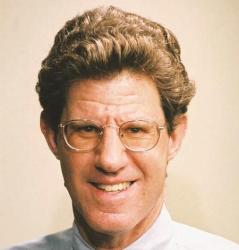Executive Summary
In the face of rising congestion on the nation’s road system, policymakers have explored ways to reduce travel delays. One approach has been to allocate reserved lanes—called highoccupancy- vehicle (HOV) lanes—to vehicles carrying two or more people. A recent innovation is to allow solo drivers to use the HOV lanes if they pay a toll. These so-called high-occupancytoll (HOT) lanes can be found in Los Angeles, San Diego, Houston, and Minneapolis and are under consideration in several other urban areas. In this paper, we argue that HOV and HOT lanes sacrifice efficiency by failing to price all lanes. Moreover, we show that it is possible to set prices on all lanes that improve on the efficiency of HOV and HOT policies and by catering to motorists’ varying preferences, can meet the test of political acceptability.
Introduction
The U.S. highway system, largely constructed with public funds from the fuel tax, could be characterized as a public good if it were rarely congested. But like many public goods that are available at little or no charge, its quality has deteriorated with the intensity of use. Today, the nation’s road system has turned into a “tragedy of the commons” as road users experience nearly 4 billion hours of annual delay (Schrank and Lomax, 2005). Of course, even an efficient road system would force motorists to incur some delays, but the current level is regarded by most observers as excessive.
Historically, the public has had a status-quo bias against economists’ recommendations to use the price mechanism to reduce congestion. Policymakers have therefore pursued other approaches such as allocating reserved lanes to vehicles carrying two or more people. But recent evidence indicates that these “high-occupancy-vehicle” (HOV) lanes sometimes carry fewer people than general-purpose lanes, attract many family members who would ride together anyhow, and shift some travelers from vanpools or buses to low-occupancy carpools (Orski 2001, Poole and Balaker 2005). As a result, HOV lanes are losing favor among state departments of transportation.
The Brookings Institution is committed to quality, independence, and impact.
We are supported by a diverse array of funders. In line with our values and policies, each Brookings publication represents the sole views of its author(s).




